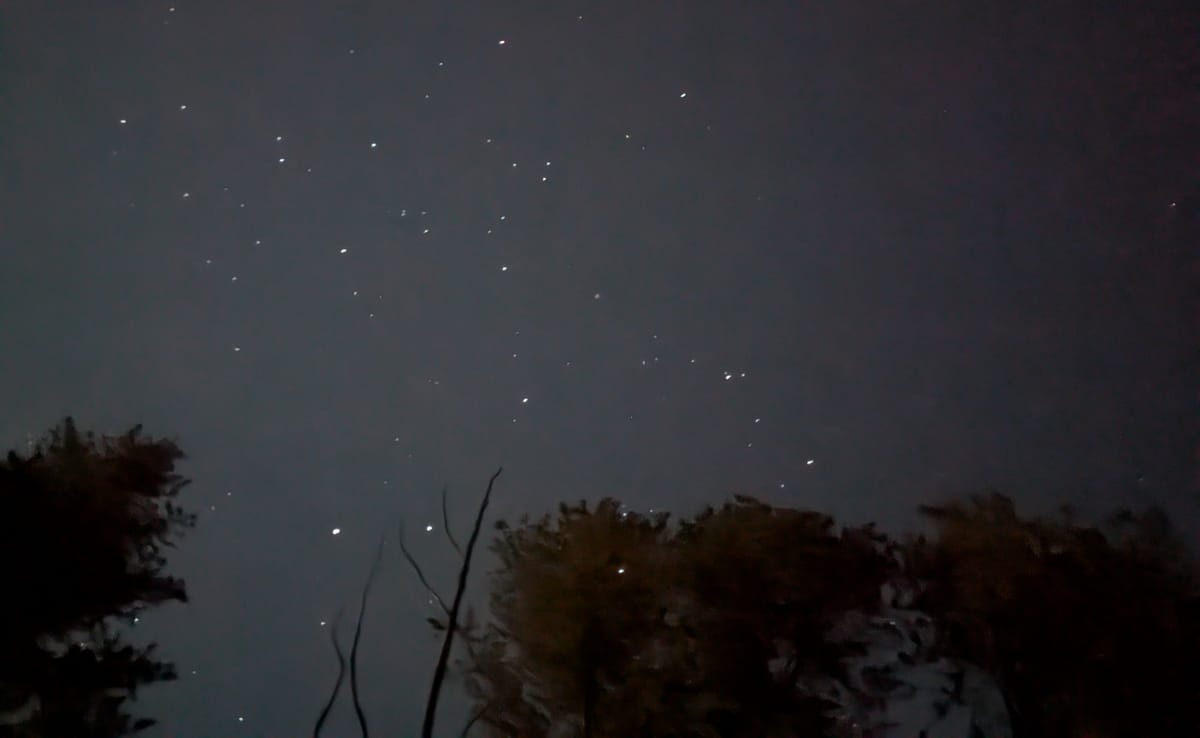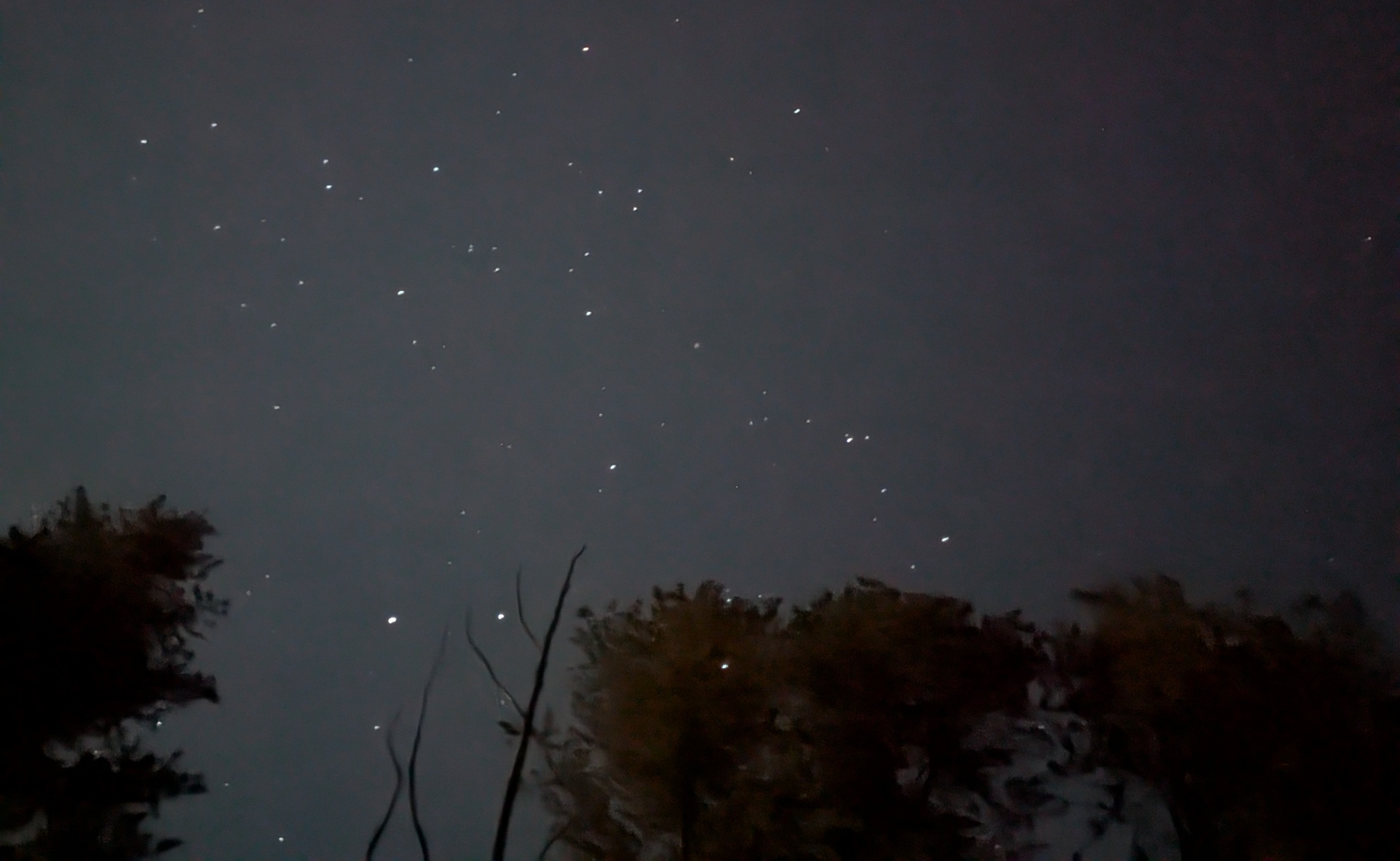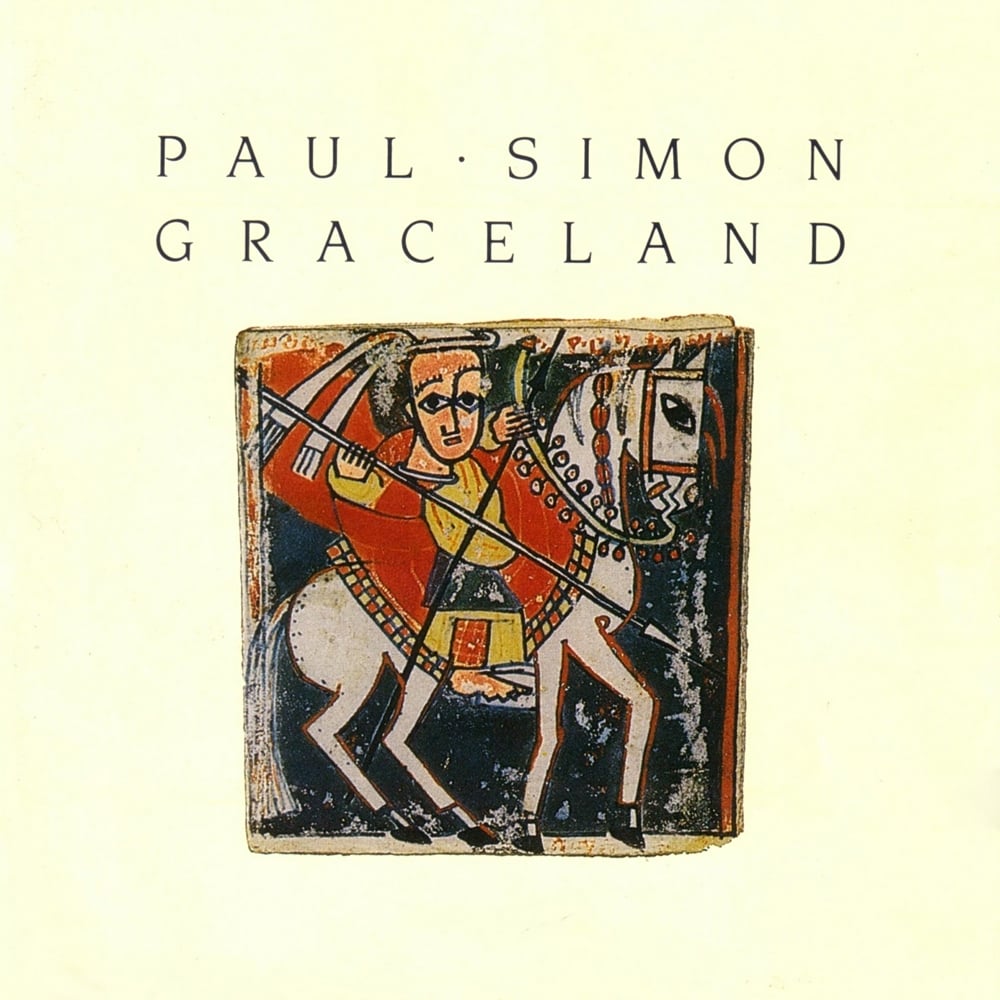under african skies

I was in South Africa. The first of a bunch of reflections.
The first night of the hike, Mac pointed out the Southern Cross. For the next two days as we scaled ridges and dodged baboons, “Under African Skies” pushed its way into through my head. There are worse songs to keep company with for a week or two. It took me some time to remember the lyrics. I would be humming softly and remember, “In early…” - in early what was it? “In early memory … in early memory … some kind of music.”1

If you walked down Middle Path on a warm day in the 1980s, sooner or later Paul Simon’s Graceland would come wafting at you out of a window. Maybe more than one. Along with Talking Heads’ Speaking in Tongues, it was the soundtrack of our years on the Hill. They bound us together, those albums, reaching across the student body from the Betas through us independents to the Peeps o’ Kenyon. We weren’t so different, for that, for the most part just ordering from different pages of the J Crew catalog. (My graduating class held, to my knowledge, three Black students. At my fifth reunion, my classmate Amy and I asked each other, “How did we think this was OK?”)
So it wasn’t that hard for all of us to coalesce around an album like Graceland. Having been self-absorbed enough to think the student body’s composition was OK, I have no idea how much it penetrated the zeitgeist beyond the demographics of the American liberal arts college. Even so: for us, for me, it was everything.
The politics of Graceland were, and maybe still are, complicated. Simon recorded some of the tracks at Sun City, which for performers was the epicenter of anti-apartheid boycotts. Beyond that were questions of cultural appropriation - so much of the album’s power comes from his collaboration with African artists, but “Paul Simon” is the only name on the cover. And questions of who shared in the considerable returns - mostly Paul Simon, of course.

On the other hand, Graceland pushed a set of South African artists to the center of the international stage. Musicians like Miriam Makeba and Hugh Masekela, hugely accomplished but not commensurately known, suddenly became names in the households of liberal arts grads. And most of all, Ladysmith Black Mambazo, whose reach in the years after Graceland extended as far as to perform at, yes, Kenyon College. It cracked open the American music industry, creating a whole new genre called, for better or worse, “world music.”
It would be an error to give Simon and Graceland full credit for the emergence of “world music.” In particular, a key pioneer of world music - and I think he might recoil a bit at the very term; he says it was just good music, from wherever it came from - was a Los Angeles DJ named Tom Schnabel, whose show “Morning Becomes Eclectic” was must listening for anyone in Southern California who cared about music. Schnabel has talked about how anytime anyone at KCRW was traveling abroad, they carried a mandate to find curated record shops - those were a thing once, kids - and bring back the best of what they found.
South Africa was especially fertile ground for these efforts, maybe in part because apartheid had a way of enforcing subcultures to hold onto their traditions and invent their own new things. It still seems to be a place of immense innovation in music, if what I heard in the last two weeks is any indication. Thirty-five years after Nelson Mandela walked through the prison door, it appeared to me that the current generations are determined to mash up as much as possible.
I’m almost certain that Schnabel and Simon would have crossed paths back then. Maybe the DJ gave the songwriter a list of folks to look up. Or maybe that’s a history that I invented, one I hope took place because of the way Schnabel and his show cracked open my own musical horizons in those post-Graceland years. He introduced me to a diverse cast of characters that included Steven Reich and John Coltrane as much as David Byrne. Either way, the timing of “MBE” and Graceland doesn’t seem coincidental.
I hadn’t listened to the whole of Graceland in a long time when, back from the hike, I downloaded Spotify on my South African burner phone and used some of my data to play it while I did dishes in Mac’s kitchen/living room/office. The album holds up damn well. Simon did allegory as well as anyone - think “Bridge over Troubled Water” - and the power of Graceland comes through in songs like “Diamonds on the Soles of Her Shoes” or the title track or, yes, “Under African Skies,” that might be about love affairs gone wrong or might be about global politics and history. And that, because being allegory, feel as relevant in 2025 as they were in the mid-1980s. They awakened a generation of college students to a little bit of what was going on in the world beyond their little Gothic buildings in the woods in Ohio. We could stand once again to be awakened, to again learn how we begin to remember.
In the concert video, Miriam Makeba sings a different lyric than the one from the original album that I finally recalled - she sings, “In early memory, sounds of music” rather than “mission music.” ↩